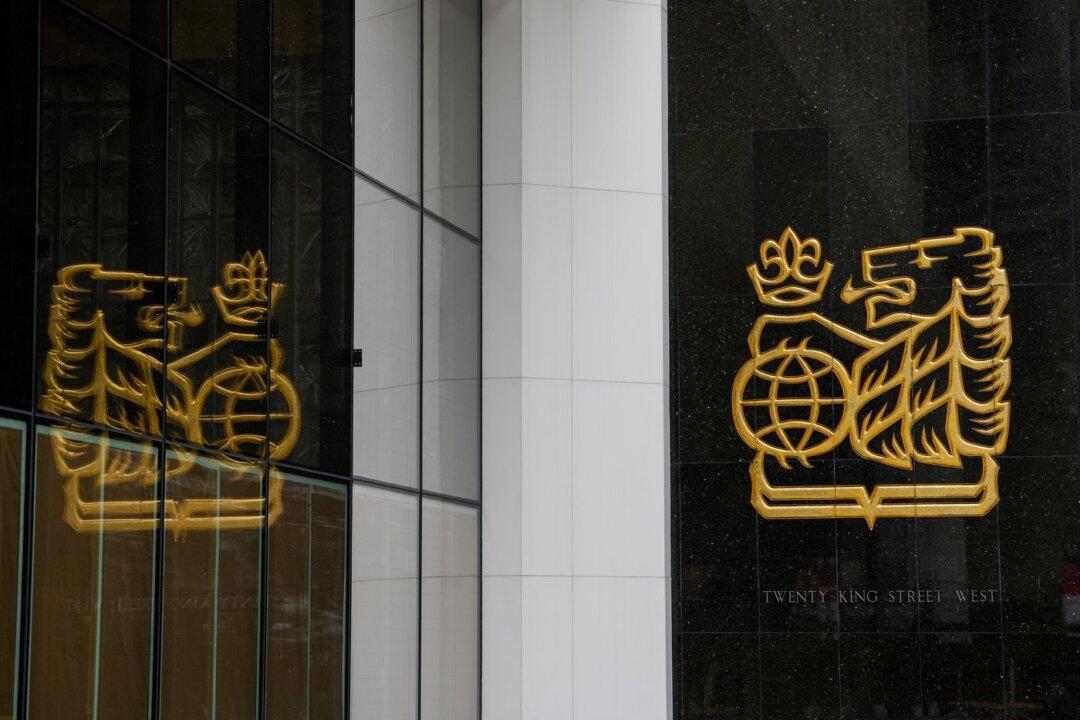Canada’s financial intelligence agency has levied a $7.4-million penalty against the Royal Bank of Canada for non-compliance with anti-money laundering and terrorist financing measures.
The Financial Transactions and Reports Analysis Centre of Canada said on Dec. 5 the violations include failing to submit suspicious transaction reports, where there were reasonable grounds to suspect ties to a money laundering offence.





